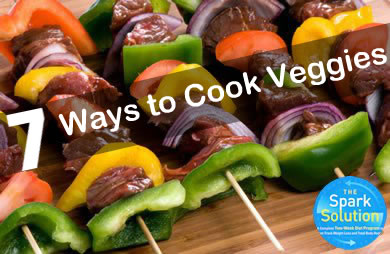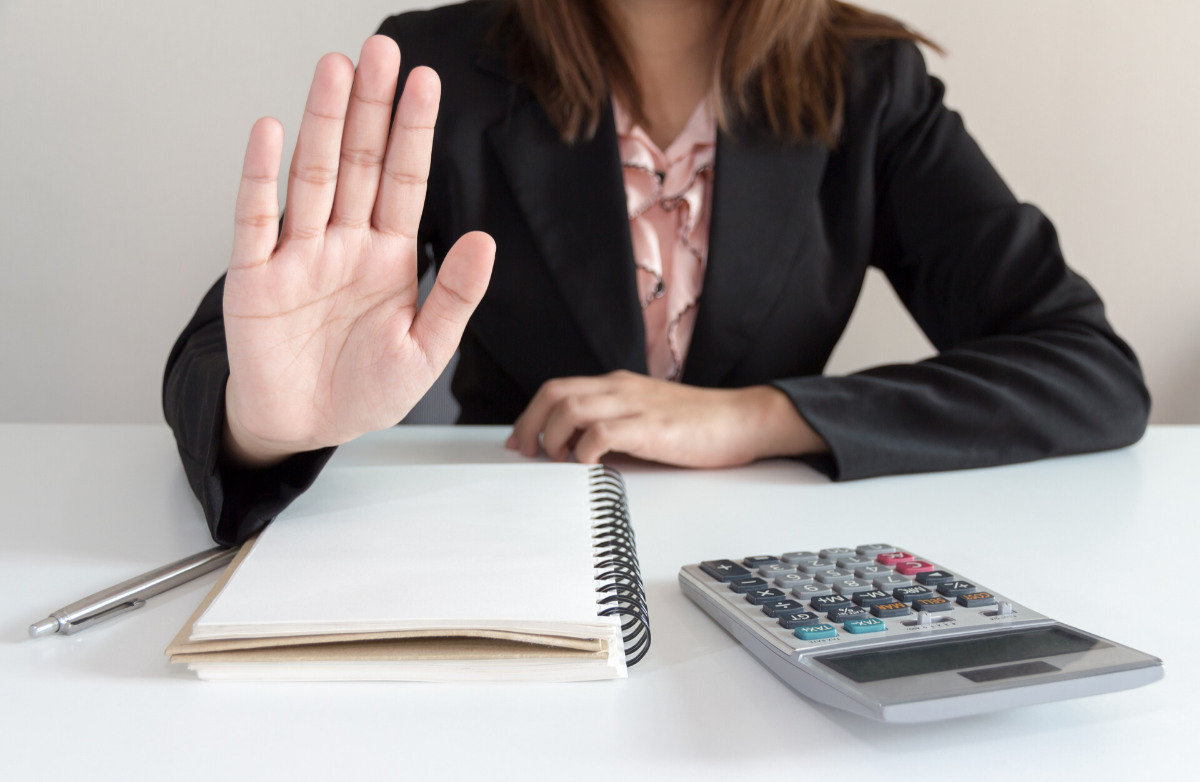|
You enjoy a cup of coffee with your breakfast, a glass of tea in the afternoon, a sports drink as you recover from your workout and a few pieces of chocolate to sooth your sweet tooth after dinner. Nearly 80 percent of people around the world consume caffeine on a daily basis. Adults in the United States and Canada consume an average of 250 mg of caffeine each day whereas those that live in Sweden and Finland consume around 400 mg per day. People in the UK enjoy caffeine in a range somewhere in between with an average daily intake around 300 mg and the average adult consumes most of their caffeine from coffee, tea, soft drinks, chocolate and medicine. The estimated intake for children is between 150-200 mg per day mostly from soft drinks, sweets, and sports drinks. Do you know how much caffeine you get in a day? Caffeine is a stimulant and abstinence in someone that typically averages a moderate intake can result in withdrawal symptoms such as headache, tiredness, fatigue, decreased energy, and a depressed mood. Studies show that withdrawal symptoms can begin within a day of not consuming caffeine and can last for a few days or as long as a week. While many still question whether caffeine is truly addictive or not, it is well documented that unpleasant side effects exists when consumption is stopped abruptly after a sustain intake. Although caffeine is not a nutrient, if it is added to a food or beverage, it must be listed in the ingredient label but the amount does not have to be listed. Nearly 30 manufactures produced alcoholic beverages with added caffeine at one time because it was such a promising business. In November of 2009, many were contacted by the FDA and informed they were being investigated for safety and legality issues. A low to moderate intake of caffeine is defined as 130-300 mg per day and many health professionals consider this a safe and health conscience level. Here are some common caffeine sources to help you estimate how much you are ingesting on an average daily basis. Plain, brewed coffee (8 oz) – 135 mg of caffeine Instant coffee (8 oz) – 95 mg caffeine Espresso coffee (1 oz) – 30-90 mg caffeine Decaf Coffee (8 oz) - 5-15 mg caffeine Green tea (8 oz) – 25-40 mg caffeine Black tea (8 oz) – 40-70 mg caffeine Coca-Cola Classic (12 oz) – 35 mg caffeine Mountain Dew (12 oz) – 55 mg caffeine Milk chocolate candy bar (1.5 oz) – 9 mg caffeine Sweet chocolate candy bar (1.45 oz) – 27 mg caffeine Hershey's Special Dark Chocolate Bar – 31 mg caffeine Snickers Charge Candy Bar – 60 mg caffeine Excedrin (1 tablet) – 65 mg caffeine Midol Menstrual Maximum Strength – 60 mg NoDoz 100 mg – 32 mg Vivarin – 200 mg Starbucks Grande Vanilla Latte (16 oz) – 150 mg caffeine Full Throttle (16 oz) – 144 mg caffeine Red Bull (8.3 oz) – 80 mg caffeine Amp (8.4 oz) – 74 mg caffeine Glaceau Vitamin Water Energy Citrus (20 oz) – 50 mg caffeine Jolt Gum (1 stick) – 33 mg caffeine How much caffeine do you consume in a typical day? Is this more or less than you thought. |
Popular EntriesMore From SparkPeople
|




.jpg)










